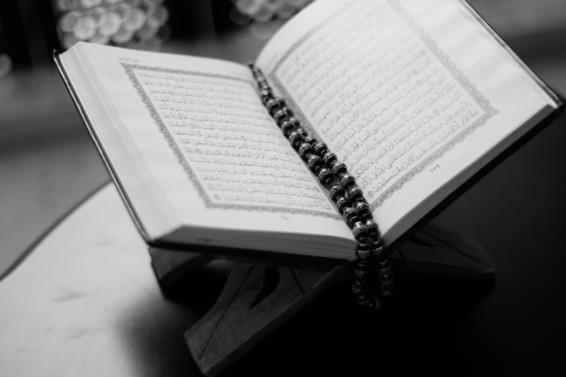
With many Muslim children orphaned in the context of humanitarian crises, Muslim voices advocating not only for care of orphans, but also for their adoption into Muslim families are starting to be heard, writes Nermeen Mouftah (Butler University, Indianapolis) in an article titled “The Muslim Orphan Paradox,” to be published in a coming issue of Contemporary Islam and already available as preprint (March, 2020). Care for the orphans is a recommended form of giving in Islam, even more so because Prophet Muhammad himself had become an orphaned child. At the same time, all Islamic legal schools consider adoption as prohibited. Islamic law emphasizes that lineage should be maintained and a father’s name should not be given to a non-biological child. This does not rule out “formal and informal mechanisms of care” or guardianship, Mouftah writes. Some Muslims, however, consider care as more important than legal religious views and have adopted children. Based on four years of fieldwork, the article uses the issue of adoption as an example for illustrating how Muslims navigate Islamic law (in an American context in this case). All accept the Islamic tradition, but there are various ways of thinking about it or using it for shaping one’s daily practices.
Muslim advocates of adoption “mobilize Euro-American, Christian, and secular values and concepts” in their efforts for advancing their views. But Mouftah warns that one should not see the debate as binary. Those who support the prohibition “are likewise concerned with creating a form of childcare that adheres” to Islamic law. There are also attempts to clarify the traditional ban on adoption. A 2011 document from the Muslim Women’s Shura Council stated that prohibition only applied to the dissimulation of lineage. Connecting their advocacy to voicing the rights of women, this group also claimed that a woman can adopt. A younger generation of Muslim leaders stresses that Islamic law should answer the needs of the Muslim community. Some have both an Islamic training and experience in social welfare. Mouftah observes that a challenge for Muslims in North America is “deploying unfamiliar Arabic terminology that do not have equivalents in the English-language US or international laws.”
Some families manage to make the best use of various options in Islamic law for solving the issues they are facing, often by selecting positions from different legal schools. The three key issues from an Islamic legal viewpoint are identity, inheritance and the fact that a child who is not from the family lineage is considered as marriageable to members of that family according to Islamic law. According to guidelines provided in 2017 by the Fiqh Forum, “The Islamic Position Regarding the Care of Orphans and Abandoned Children,” the inheritance issue can be solved through bequest and the third issue through breastfeeding: “In Islamic law, if non-biological siblings drink the same breastmilk, the sibling group behaves as biological siblings (they cannot marry one another, and do not need to apply the norms of Islamic decorum and covering with each other).” As Mouftah remarks, the 2017 document should be seen as attempts by religious authorities to accommodate changes already underway. It did not fully answer the expectations of adoption advocates, but they saw it as a first step. Mouftah concludes by suggesting that the debates about orphan care illustrate Muslim efforts to reform family law as well as decisions by Muslim believers in America about what they see as essential to living the tradition.
(Contemporary Islam – https://www.springer.com/journal/11562)
